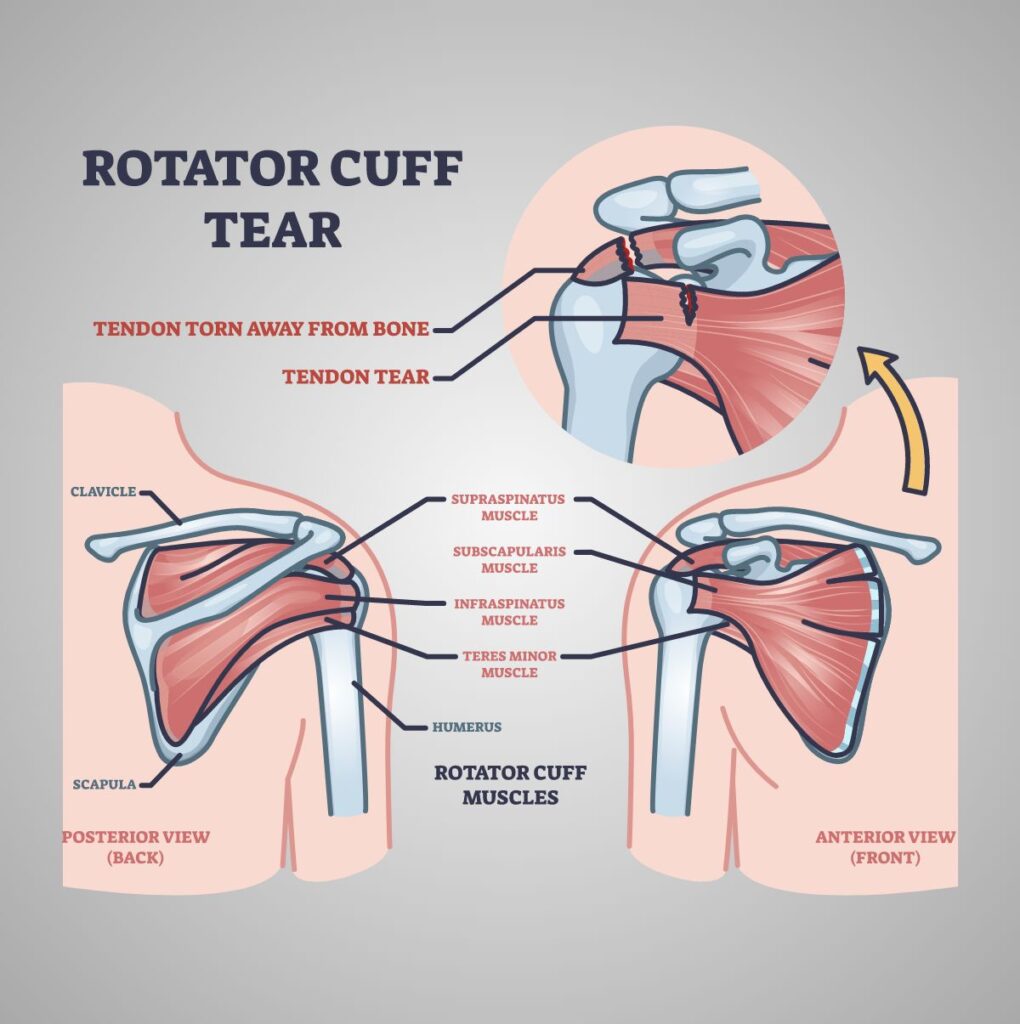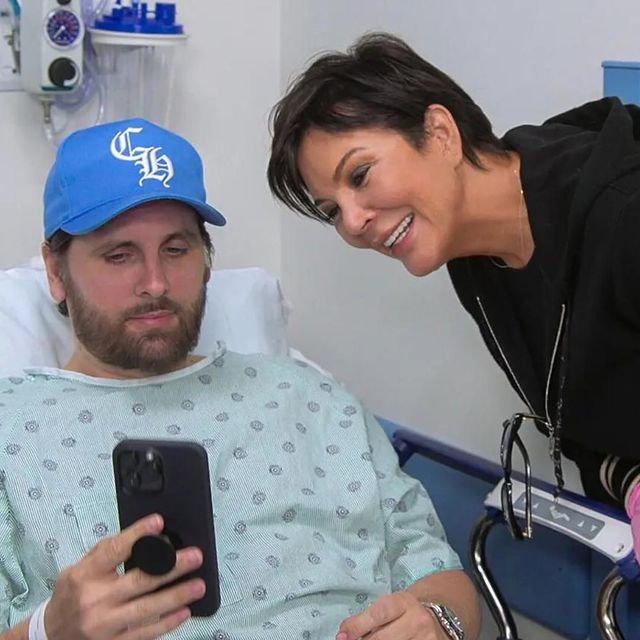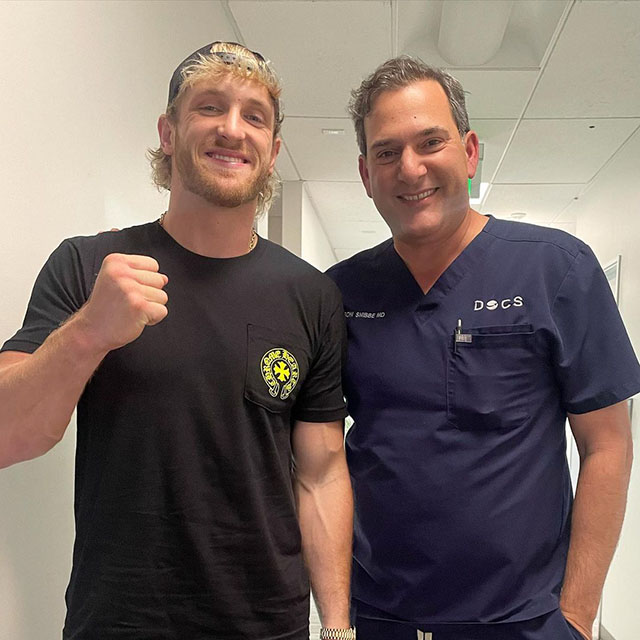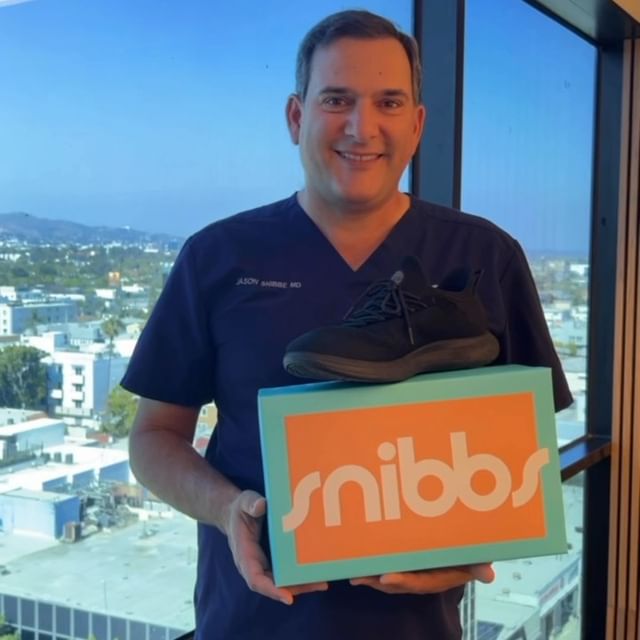Rotator Cuff Arthroplasty
Rotator cuff arthropathy results from a large long-standing rotator cuff tear accompanied by arthritis of the shoulder. It is commonly seen in adults over 60.

Rotator Cuff Tear
Patients who suffer from this condition are frequently unable to raise the arm above shoulder height and experience pain at night and with lifting, making it difficult to perform daily activities such as personal hygiene. Sometimes they have undergone prior rotator cuff repair surgery that has failed.
Initial evaluation of this condition consists of an X-ray in the office to evaluate the joint for any arthritis. An MRI (magnetic resonance imaging) is also obtained to evaluate the condition of the rotator cuff.
Non-operative treatment includes NSAIDs (non-steroidal anti-inflammatories, such as ibuprofen, Advil, Aleve, etc.) and physical therapy geared towards increasing motion and strengthening the muscles around the shoulder. Often a patient is given a steroid injection to decrease pain.
Depending on the extent of motion loss and the limitations it causes in daily life, surgical intervention may be necessary. A person without a functioning rotator cuff may require a reverse total shoulder replacement.






